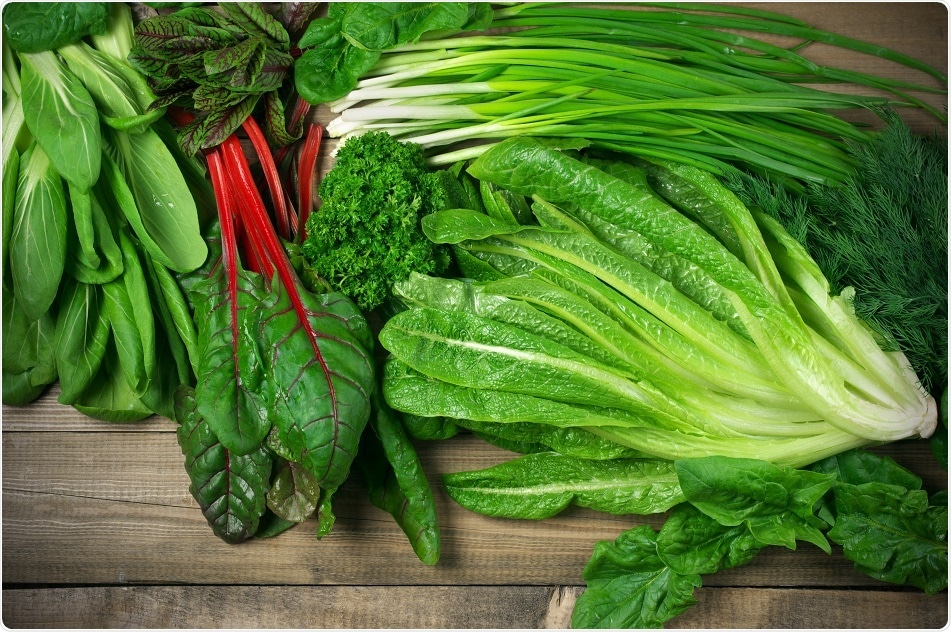Researchers from Harvard School of Public Health have, found that increasing consumption of carotenoids, particularly beta-carotene and lutein, might reduce the risk for this progressive neurological disease, which attacks nerve cells in the brain and spinal cord.
Carrots, yams and mangoes are rich in beta-carotenes, and spinach, collard greens and egg yolks are good sources of lutein. The study found, however, that diets rich in the antioxidants lycopene, beta-cryptoxanthin and vitamin C do not apparently reduce the risk for ALS, which causes the muscles to waste away and eventually results in paralysis.
"ALS is a devastating degenerative disease that generally develops between the ages of 40 and 70, and affects more men than women," senior study author Dr. Alberto Ascherio, a professor of epidemiology and nutrition at Harvard School of Public Health, said in a journal news release. "Understanding the impact of food consumption on ALS development is important."
Analyzing information on more than 1 million people, the researchers identified nearly 1,100 cases of ALS. The researchers found that increased overall carotenoid intake -- especially among those who ate diets rich in beta-carotene and lutein -- seemed to be linked to a lower risk for the devastating condition.
Those who ate more carotenoids daily also were more likely to exercise, have an advanced degree, have increased vitamin C intake and take vitamin C and E supplements.
The researchers pointed out, however, that long-term vitamin C supplements did not lower people's risk for this degenerative disease.
"Our findings suggest that consuming carotenoid-rich foods may help prevent or delay the onset of ALS," Ascherio concluded. "Further food-based analyses are needed to examine the impact of dietary nutrients on ALS."
Ref : http://onlinelibrary.wiley.com/doi/10.1002/ana.23820/abstract




 Dabigatran
Dabigatran Rivaroxaban
Rivaroxaban Apixaban
Apixaban  Edoxaban
Edoxaban